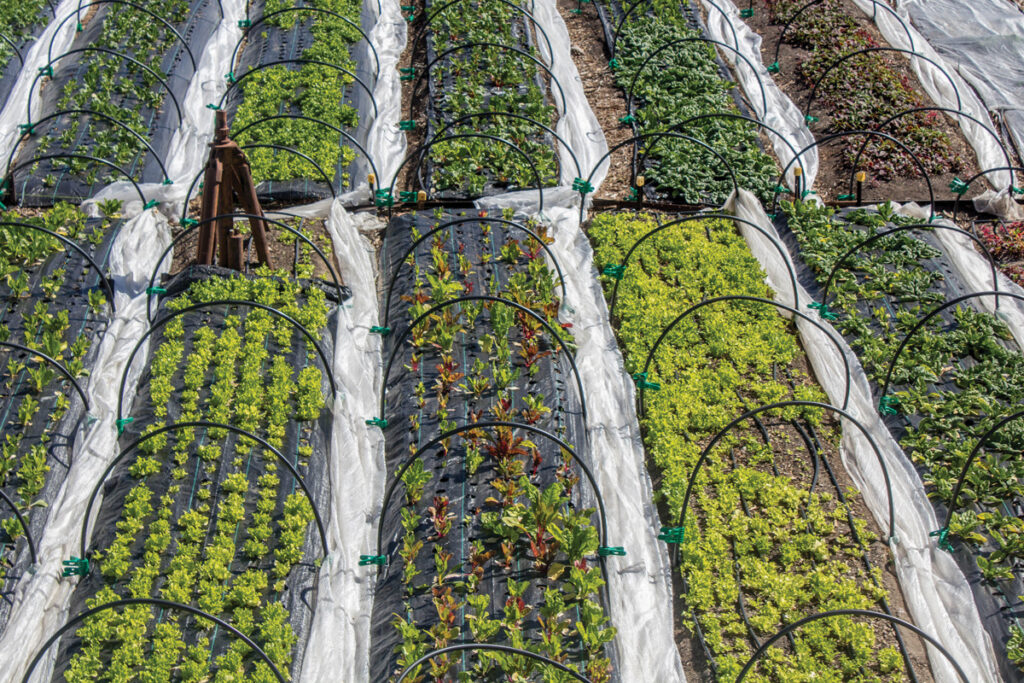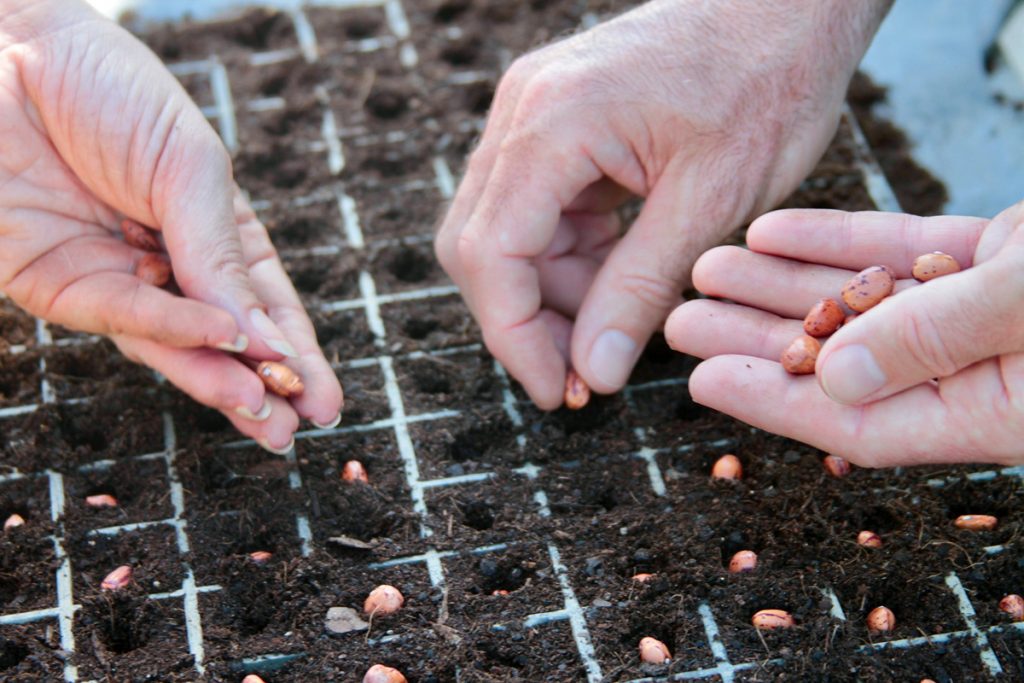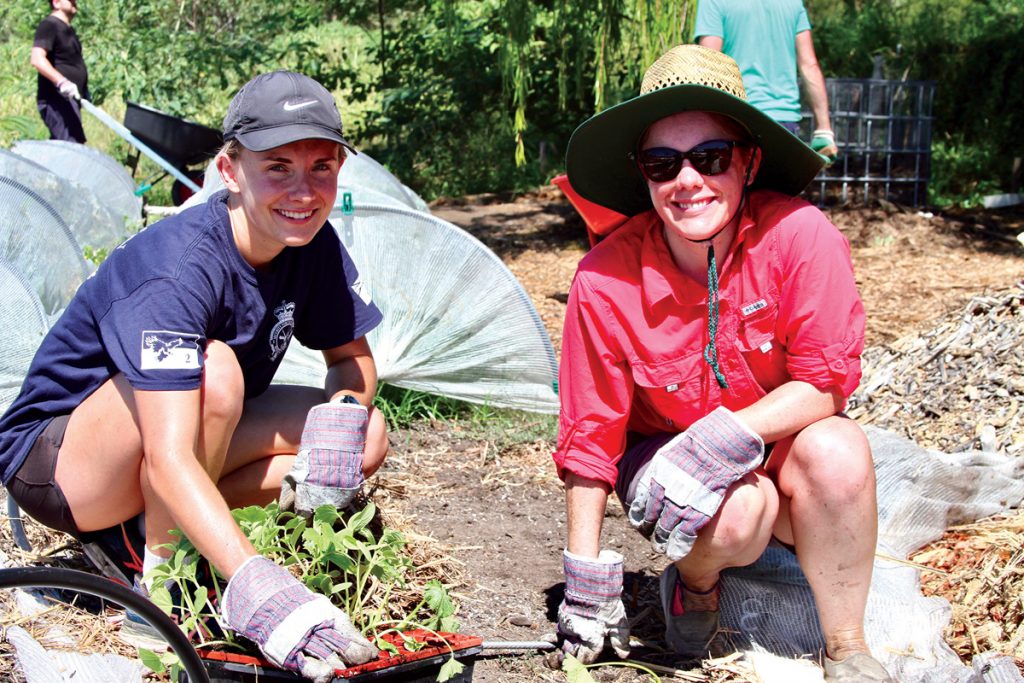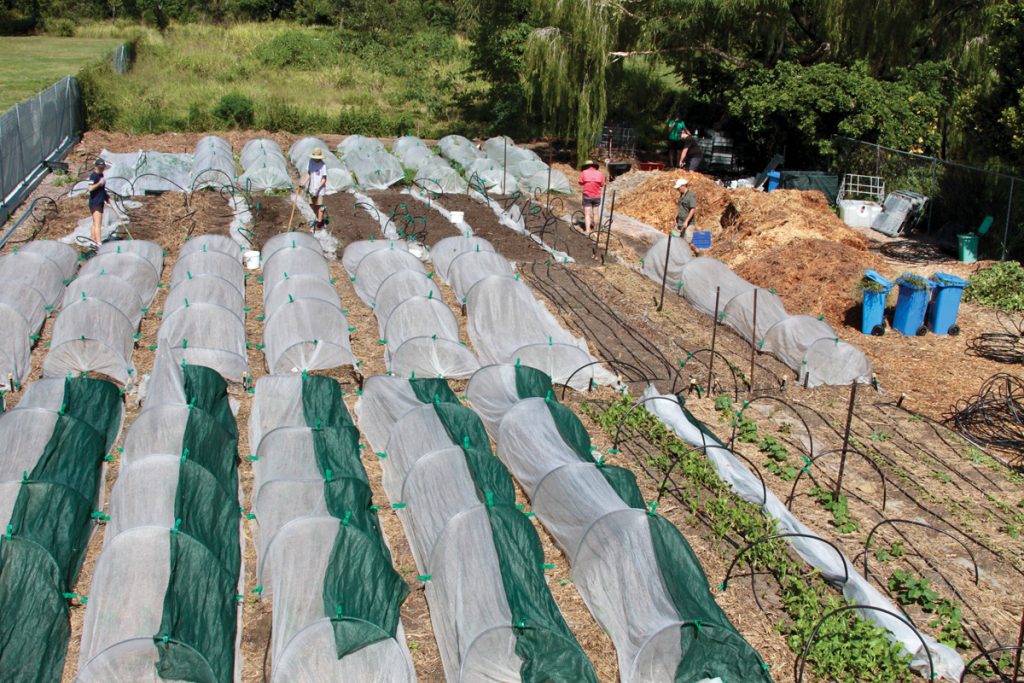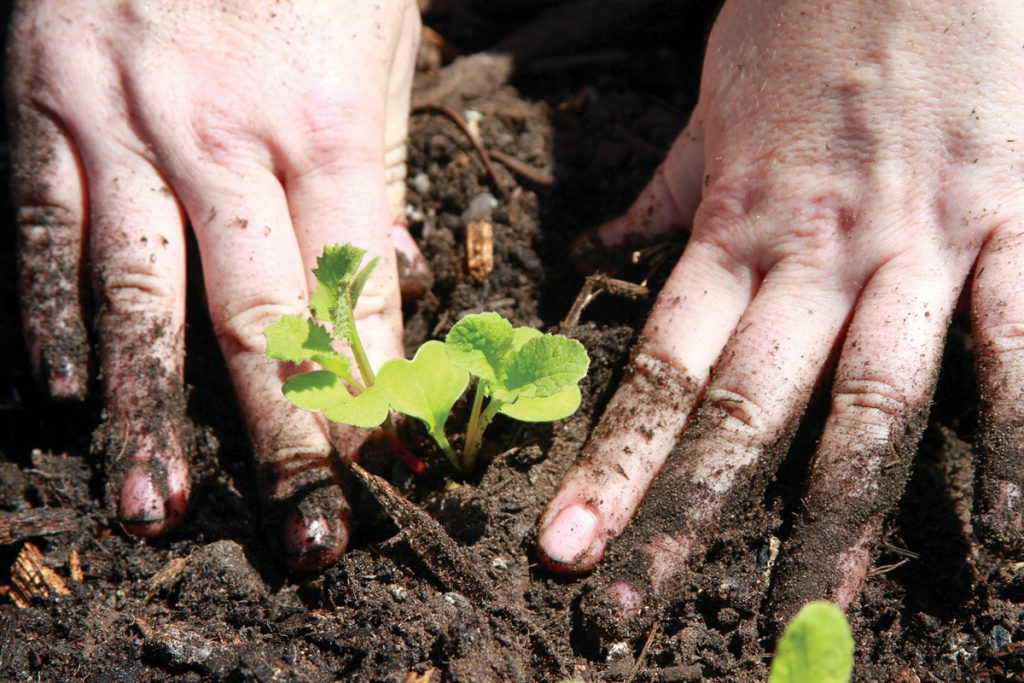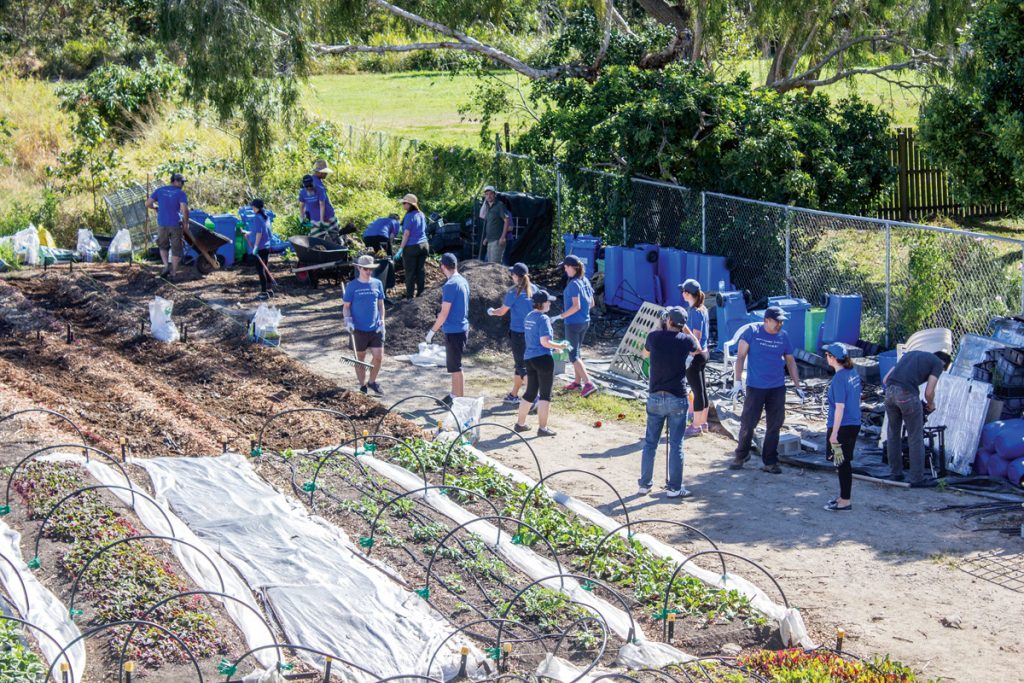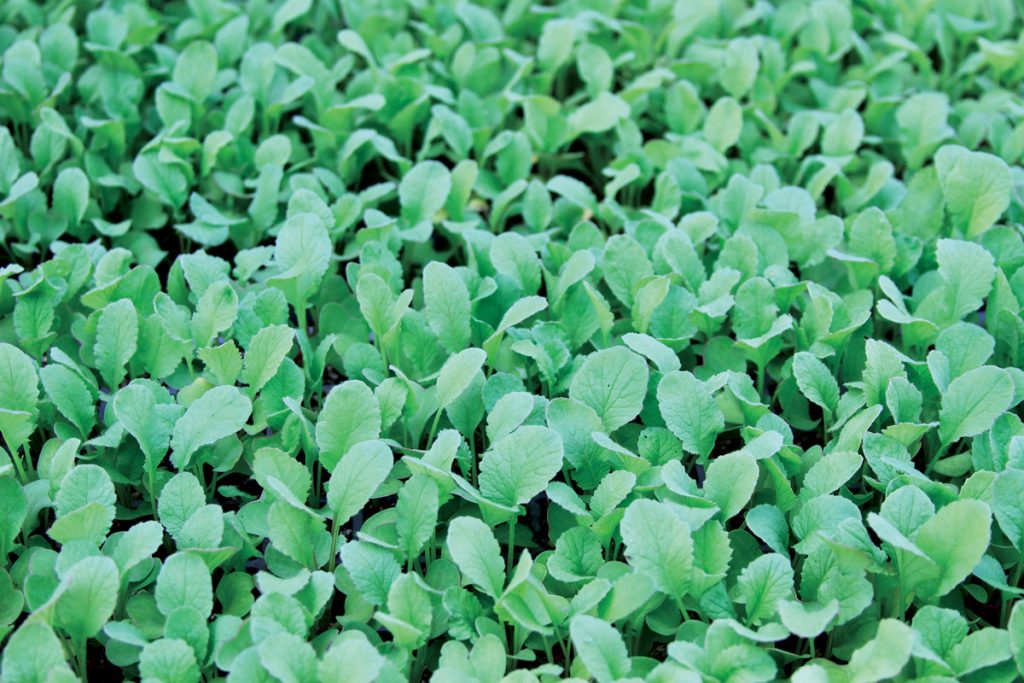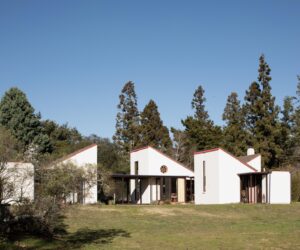Cultivating Community
Nick Steiner took a suburban backyard experiment and turned it into a thriving charity organisation that brings fresh produce to disadvantaged Australians.
Nick Steiner doesn’t shy away from big ambitions. Nor is he afraid to start small and grow bigger with time. What began as an experiment in his north Brisbane backyard to grow vegetables for a local food kitchen, developed into a more serious venture and eventually a charity organisation aiming to make nutritious food free and accessible. Called the Mini Farm Project (MFP), its ambition is to produce enough fruit, vegetables, eggs and fish to feed 30000 disadvantaged people in South-East Queensland, in the meantime establishing sites where the long-term unemployed can find work and where locals can harness the restorative and calming benefits of gardening.
“I started the Mini Farm Project back in 2014,” Nick says. “Because I work in catering I have a highly stressful job. After watching River Cottage (UK) with Hugh Fearnley-Whittingstall I started to think: I want to do something like that, something [less stressful and] involved with gardening. I wanted to give back to the community too so I set up my own veggie patch to test how things would grow and I donated the produce to Caboolture Community Action (a local charity making meals and offering fruit and vegetables to those who have fallen on hard times).”
When Nick stumbled across the concept of land sharing, the idea that his humble operation could grow exponentially took seed. At that point he started looking for sites larger than his suburban backyard.
“When we find land that is not being used we propose to take care of it with a proper business plan,” Nick says. “Which is how this site (a temporarily available 800-square-metre plot at Camp Hill, Brisbane) came about.” A Saturday morning visit to the MFP Camp Hill reveals a lot about this thriving charity organisation. As Nick greets volunteer gardeners arriving to harvest radishes, he enthusiastically describes how he and his team developed the agricultural systems needed to support production. He covers irrigation (including their interest in developing air-to-water technology), composting, bee-keeping (Sydney Stingless Bees have been donated and are pollinating the site) and everything in-between. He explains all this while barely drawing a breath.
“We use SPIN (Small Plot IN-tensive) farming,” Nick explains. “We grow a lot of produce in a small bed, one metre wide by 7.6 metres long, with one crop per bed. At the moment we’re growing pumpkins, beans, zucchinis, cucumbers, silverbeet and radishes. Each is grown a week apart so we have a continuous cycle of harvesting.”
And his ambitions don’t stop with vegetables. “We want to get farms ready for chickens too, to produce eggs,” Nick says. “We also want to get tarmac and warehouse spaces for aquaponics to raise fish.”
Matching Nick’s infectious “can do” attitude is a business savvy mind that leverages his qualifications in event management to ensure the operation stays feasible as it expands. And he’s not afraid to ask the heavy hitters of the corporate world to lend a hand. “We had Technology One Foundation come with 25 of their staff and they built several garden beds in a couple of hours,” Nick says. “It took me nine months to get about two-thirds of the site planted and a couple of hours to finish the rest. It demonstrated that a site like this can be built in a day if we have around thirty volunteers.”
With the talk of endless grant applications, seasonal yield analysis and threat of crop failure, you start to wonder whether the whole venture was the low-stress undertaking Nick hoped it would be.
Nick is reassuring in his answer. “At the end of the day it’s about building a community of people. Most of us are living only a couple of weeks from bankruptcy. When you think that our basic needs for existence are food, shelter and security then it is time we address the most important of these: food.”
